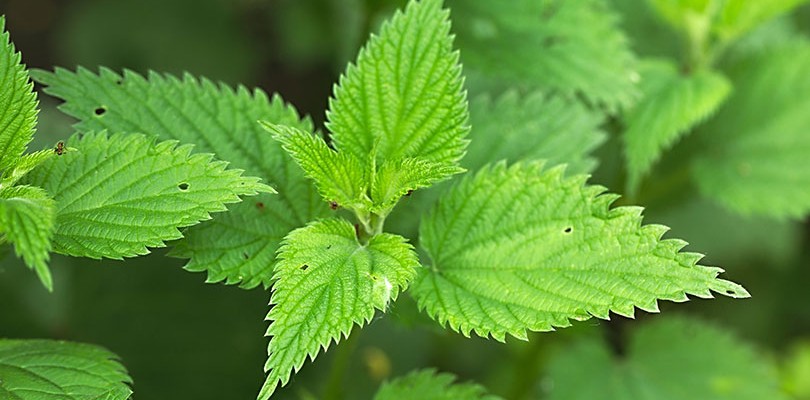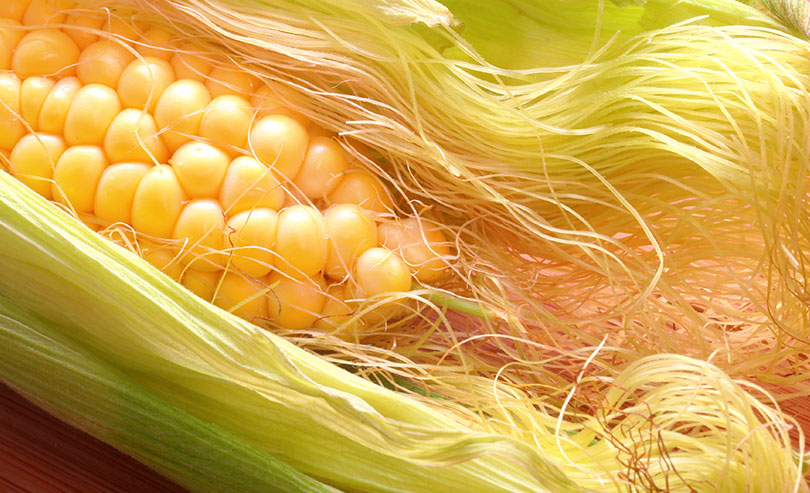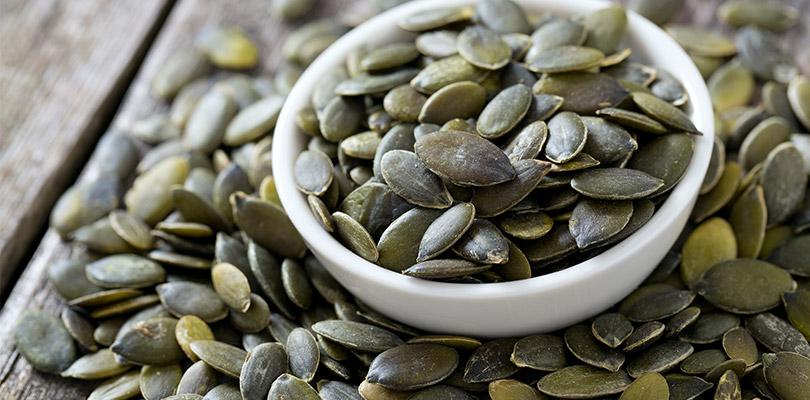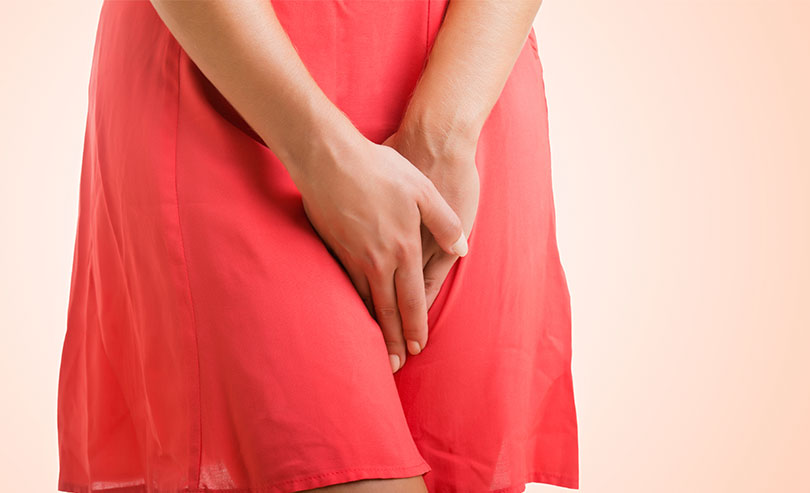
Photo Credit: Gudella / istockphoto.com
4. Nettle (Urtica Dioica)
Nettle is a nutritious weed. It reduces urinary frequency, especially at night, and reduces the amount of residual urine that remains in the bladder after voiding.
You may cook fresh nettles and eat them as you would spinach or any other leafy green. The herb contains ample amounts of vitamins and minerals that promote relaxation and support general wellbeing.
If you harvest the fresh plant, be very careful. The fresh leaves contain formic acid, which stings. Once the plant is pickled, dried, or cooked, the formic acid is destroyed and the sting disappears. You may liberally include the herb in your diet as a food, or you may consume it as a supplement.
I recommend making a tea of the leaves or a decoction of the roots. Use one teaspoon of dried, or one tablespoon of fresh herb per cup of water. Drink three cups daily. You can purchase nettle in capsule form. I recommend using freeze dried nettles if you are using capsules. Glycerites are sometimes available from herbalists.
Looking for information on how to control overactive bladder and its symptoms? Here are several control techniques and options worth looking into.







